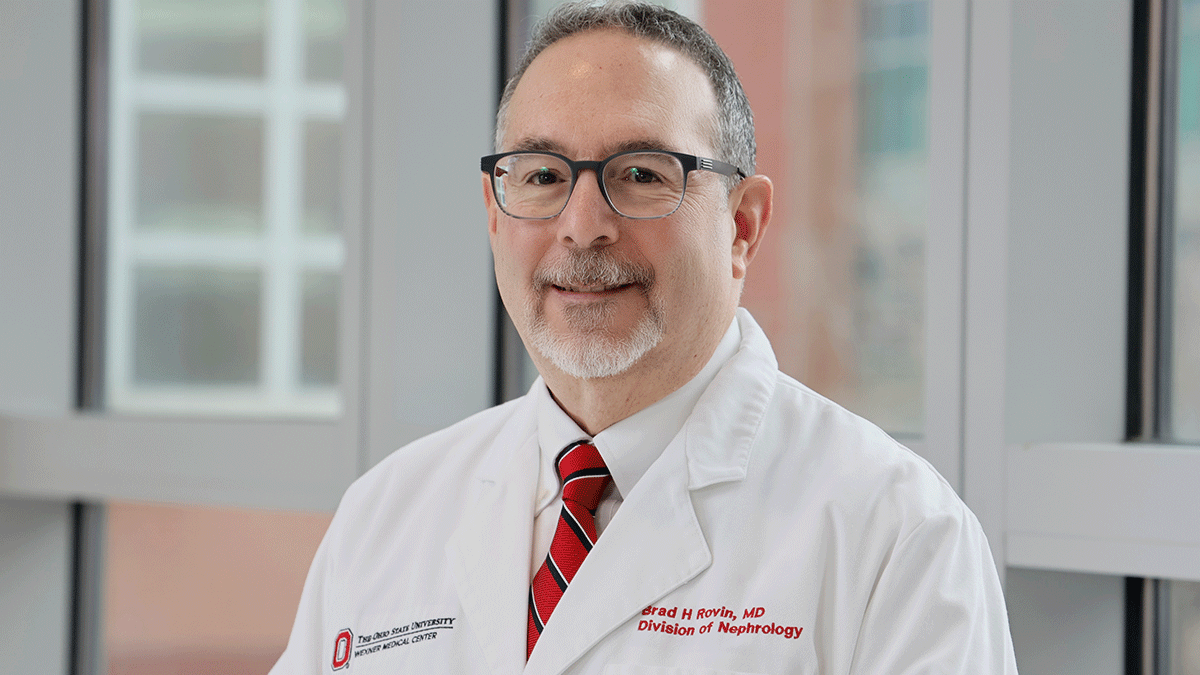Specialized mental health support and care program receives recognition

Patients having timely access to mental and behavioral health care and support when symptoms first present affect their resilience and healing. That is why The Ohio State University College of Medicine Department of Psychiatry and Behavioral Health delivers specialized care for individuals who have recently experienced their first episode of psychosis or who are at elevated risk to develop a future psychotic disorder.
The Early Psychosis Intervention Center (EPICENTER), jointly funded by the Substance Abuse and Mental Health Services Administration within the federal government and the Ohio Department of Mental Health and Addiction Services, conducts specialized research and delivers clinical support for youth and young adults who have, or are at high risk for developing, a psychotic disorder (CHR-P). The center’s research-backed approach led The Ohio State University Office of Outreach and Engagement to name EPICENTER a 2025 Program of Excellence in Engaged Scholarship.
Nicholas Breitborde, PhD, ABPP, a College of Medicine Distinguished Professor and the Charles F. Sinsabaugh Endowed Chair in Psychiatry in the Department of Psychiatry and Behavioral Health, also serves as the director of EPICENTER. He says this prestigious honor recognizes the program’s commitment to robust reciprocity — the continual assurance that the program’s development, implementation and outcomes can impact as many people as possible in the state in a positive way.
“This honors our center’s excellence in community-engaged scholarship, and how EPICENTER lowers barriers to engagement while increasing the capacity of individuals and organizations to act or advocate to meet the needs of a specific patient population,” Dr. Breitborde says.
EPICENTER has four separate labs which focus on a variety of research, including the neuroimaging of psychiatric patient populations to improve understanding of the structural and functional circuitry underlying mental illness and mental health and how social and interpersonal processes may go awry among individuals with psychopathology. These examinations contribute to a deeper understanding of when and how to intervene most effectively.
“Our ultimate goal is to help each person return to daily life feeling more secure and positive about the future, and with the knowledge that their illness does not need to define their future or their goals,” Dr. Breitborde says.



